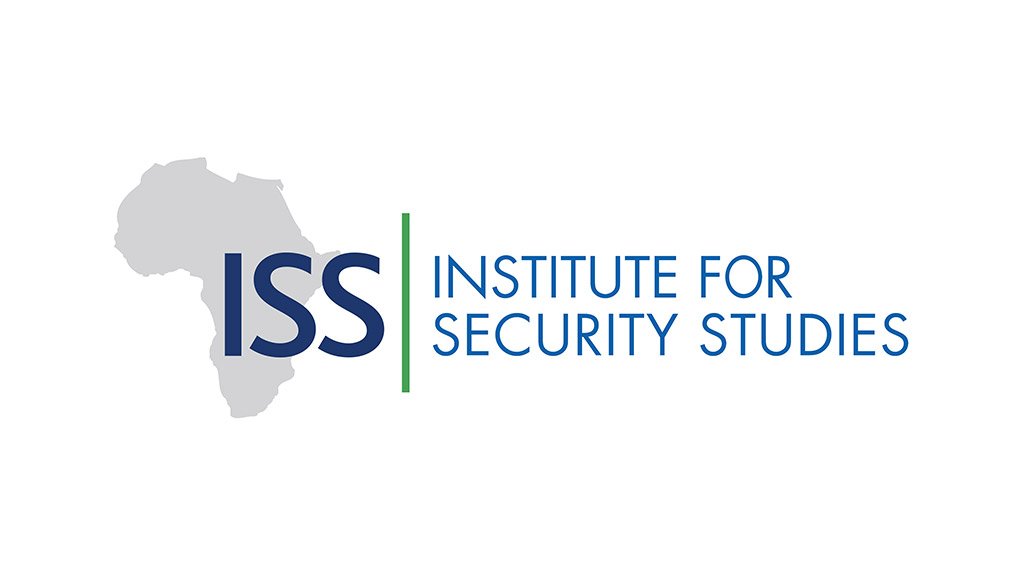The African Union (AU) has been central to Somalia’s slow journey towards stability. Among other things, its African Union Mission in Somalia (AMISOM) has since 2007 led efforts to confront al-Shabaab, capacitate the Somali Security Forces and spearhead political engagements to restore the country to normality.
But this has come at massive political, human and financial costs to the AU. The continental body’s contributions have been challenged by successive Somali leaders, souring their relations. The situation deteriorated in the lead-up to Somalia’s 2022 elections, won by Hassan Sheikh Mohamud. With Mohamud at the helm, expectations are high that ties with the AU will improve.
During Mohamed Abdullahi Mohamed’s (Farmajo) presidency, the relationship between Somalia’s political leaders and the AU hit an all-time low. Many say Farmajo courted several external allies, particularly the United States and European Union, but couldn’t properly manage his dealings with the AU. He alleged that troop-contributing countries were influencing AMISOM and Somalia’s federal member states, causing an imbalance between member states and central government.
Somalia’s relations with Ethiopia and Eritrea – traditionally seen as adversaries – improved, while those with Kenya and Djibouti, which send troops to AMISOM, worsened. His regional alliances won him military support, which he used to detain opponents and control areas where elections would be held, to sabotage the polls.
The trilateral alliance with Eritrea and Ethiopia was viewed in the region as competition to existing regional blocs, particularly the Intergovernmental Authority on Development (IGAD). Towards the end of Farmajo’s term, relations with the AU and IGAD deteriorated, affecting AMISOM’s operations.
In December 2020, Somalia accused Kenya of interfering in its internal affairs and complained to IGAD, which sent a fact-finding mission to investigate. It found insufficient evidence to support the complaint. Somalia rejected the findings and threatened to leave IGAD if it didn’t reverse its decision.
The approach taken by Farmajo’s administration to handling electoral disagreements, including his unilateral presidential term extension, caused a 15-month delay in the polls. When the AU sent a special envoy to resolve the political impasse, Somalia rejected the move. The Peace and Security Council condemned the term extension despite Farmajo’s attempts to persuade the AU chairperson to support the parliamentary resolution.
Political differences, especially between Farmajo and his former prime minister Mohamed Hussein Roble, worsened relations. In April 2022, Roble expelled the AU Commission chairperson’s special representative, Ambassador Francisco Madeira. He accused Madeira of activities incompatible with AMISOM’s mandate and Somalia’s security strategy, days after AMISOM was renamed the AU Transition Mission in Somalia. Farmajo rejected the expulsion, calling it unauthorised.
The long-awaited Somalia election was completed in May, installing a returning president (who served from 2012 to 2017) and new bicameral parliaments. Mohamud’s re-election brings hope for a fresh start amid the country’s domestic and international problems. Many find the president’s motto of ‘Somalia at peace with itself and the world’ reassuring.
Achieving peace and improving external relations will be daunting tasks. The deep trust deficit between federal and regional political leaders won’t dissipate with Mohamud’s return without a conscious effort to resolve it.
Omar Mahmood, Senior Analyst for East Africa at the International Crisis Group, argues that the election was more a matter of anyone-but-Farmajo. He believes political elites saw an opportunity to remove Farmajo from office, rather than a sharing of common interests. Differences are likely to surface, challenging stability and affecting Somalia’s regional and continental relations.
Al-Shabaab remains the primary security threat to Somalia and the region. Recent attacks, including in Mogadishu and Beledweyne, claimed over 53 lives. The group controls large territories in south and central Somalia, and its financial and warfare capacity is growing. Somereports indicate that it collected about US$180-million in revenue and spent US$24-million on weapons in 2021.
The AU Transition Mission in Somalia – a newly reconfigured AMISOM – is expected to support Somalia’s security forces in degrading al-Shabaab and boosting the country’s security institutions. The mission is scheduled to end in December 2024 – a timeframe that is unlikely to be enough to end the terrorist threat.
The new administration must grapple with the many regional interests in Somalia, including from the Gulf countries, which are divided on their approach. While the United Arab Emirates supports the federal member states, Qatar is apparently allied with the central government following a split in the Gulf Cooperation Council. Despite signing an agreement to resolve the council’s crisis in 2021, the rifts need time to heal.
Somalia’s new administration must define and project the country’s national interest and consolidate external support in a coordinated way. Given its longstanding role in stabilising the country, the AU should remain a vital partner, protecting Somalia from unhelpful external influences. A starting point in revitalising relations could be building ties between the AU and the other international actors (notably the United Nations) on political and security issues in Somalia.
This includes helping the new administration manage its political crisis through genuine, inclusive talks and supporting initiatives to build trust among political elites. A dialogue should be considered to finalise the constitutional review.
The success of the AU Transition Mission in Somalia depends on a sound relationship between the continental body and Somalia’s new government, so coordination between the two is imperative. The national security forces must also be equipped to handle the country’s security when the mission exits.
Written by Selam Tadesse Demissie, Research Officer, Horn of Africa Security Analysis, ISS Addis Ababa
EMAIL THIS ARTICLE SAVE THIS ARTICLE ARTICLE ENQUIRY
To subscribe email subscriptions@creamermedia.co.za or click here
To advertise email advertising@creamermedia.co.za or click here











